What are the DevSecOps Talks?
The DevSecOps talks are a re-occuring series of webinars that bring together experts and practitioners from different backgrounds to discuss the latest best practices, tools, and techniques for implementing DevSecOps in organizations of all sizes.
This series will provide valuable insights and inspiration for all attendees looking to improve their practices in DevSecOps, as well as foster connections and collaboration within the community.
- DevSecOps Talks On-Demand



.png?width=500&height=358&name=DevSecOps%20Logo%20(3).png)